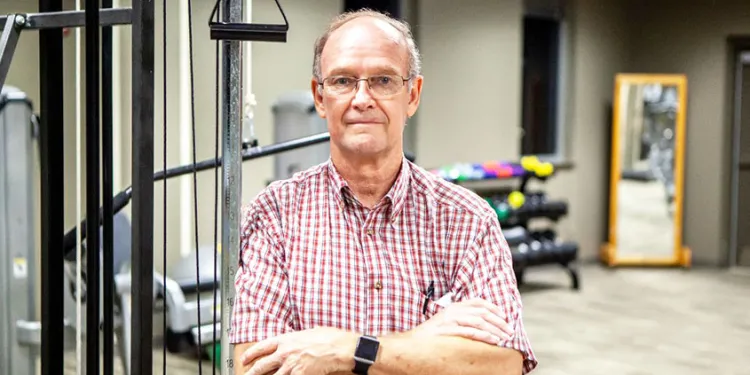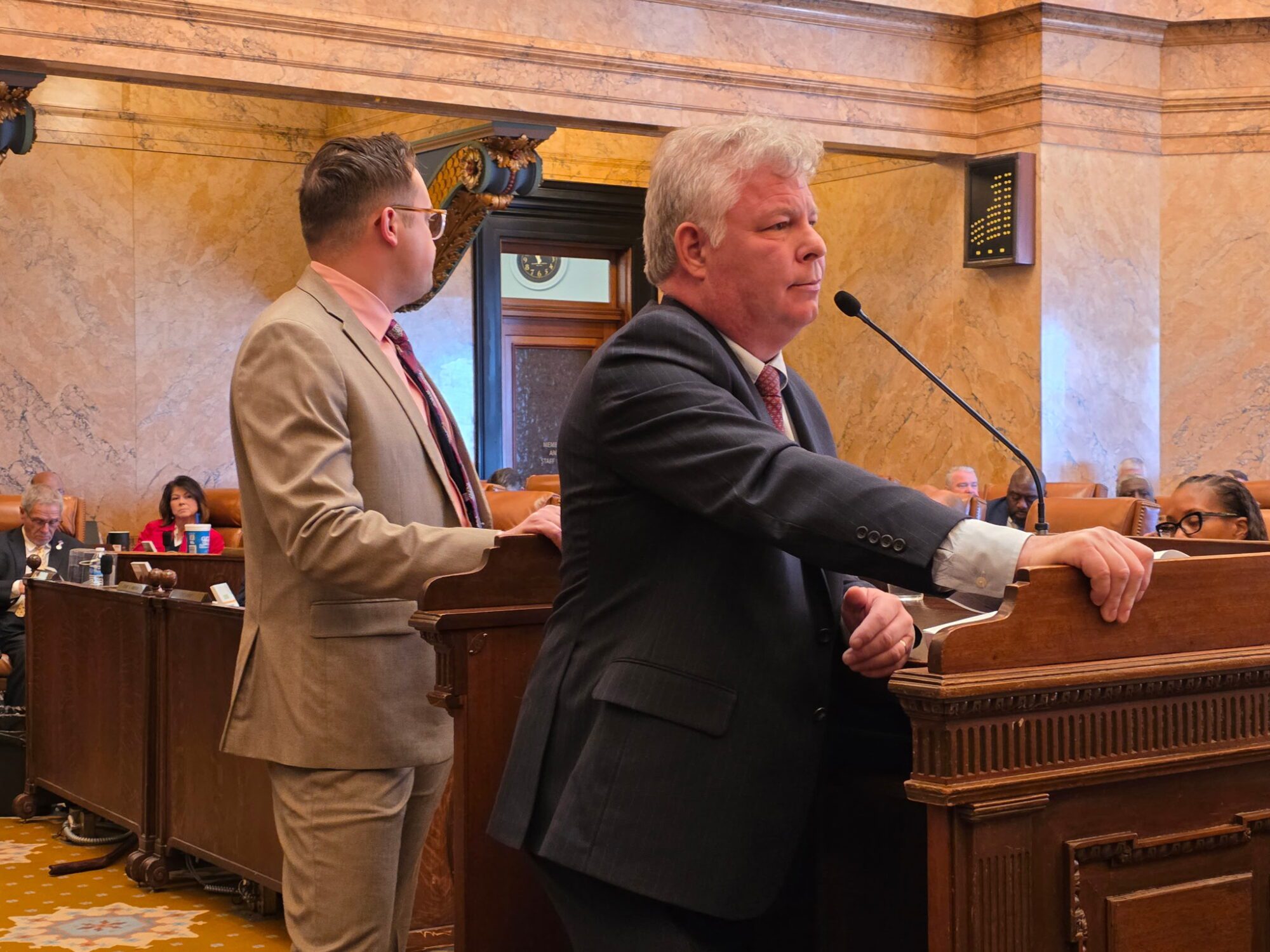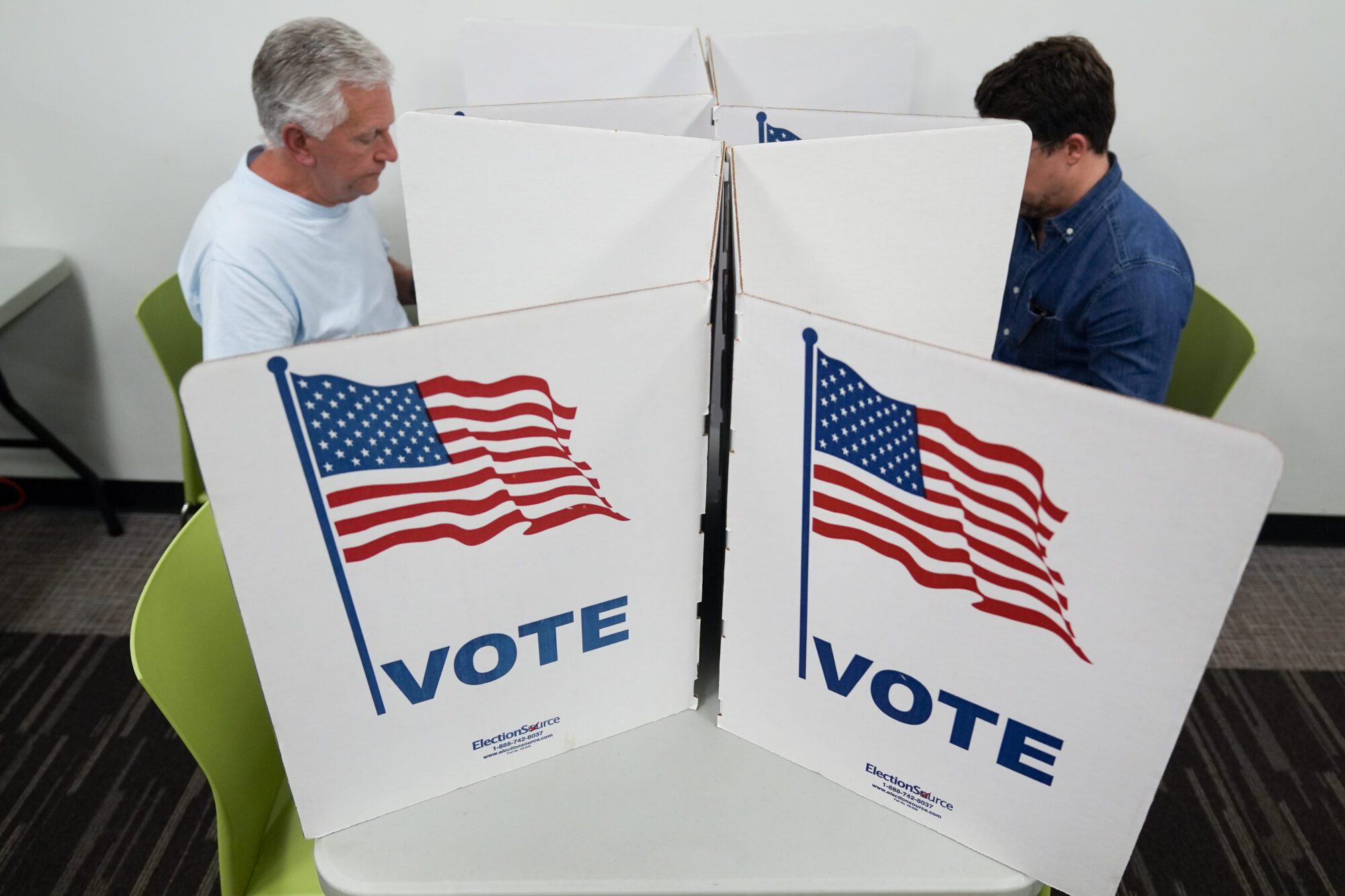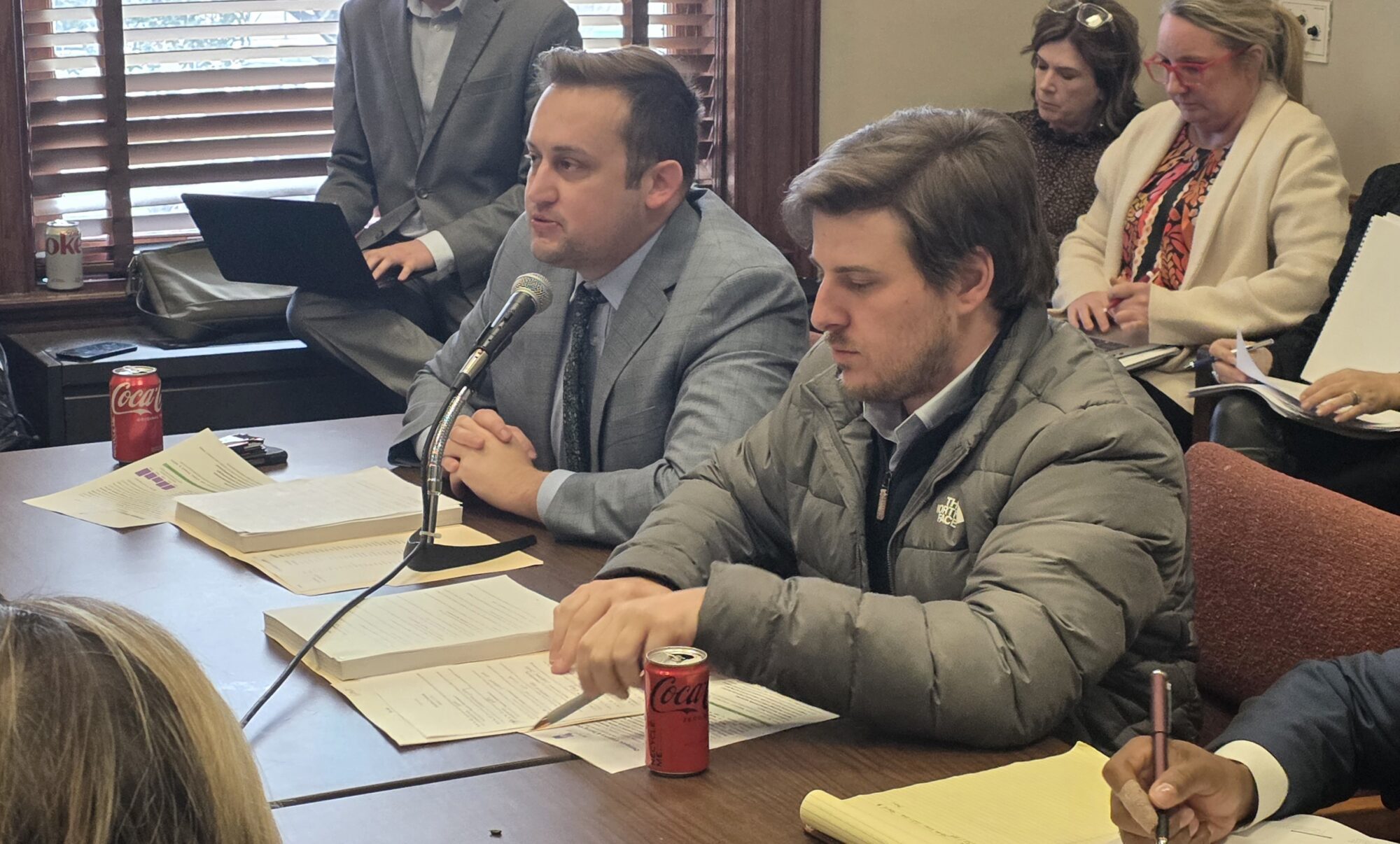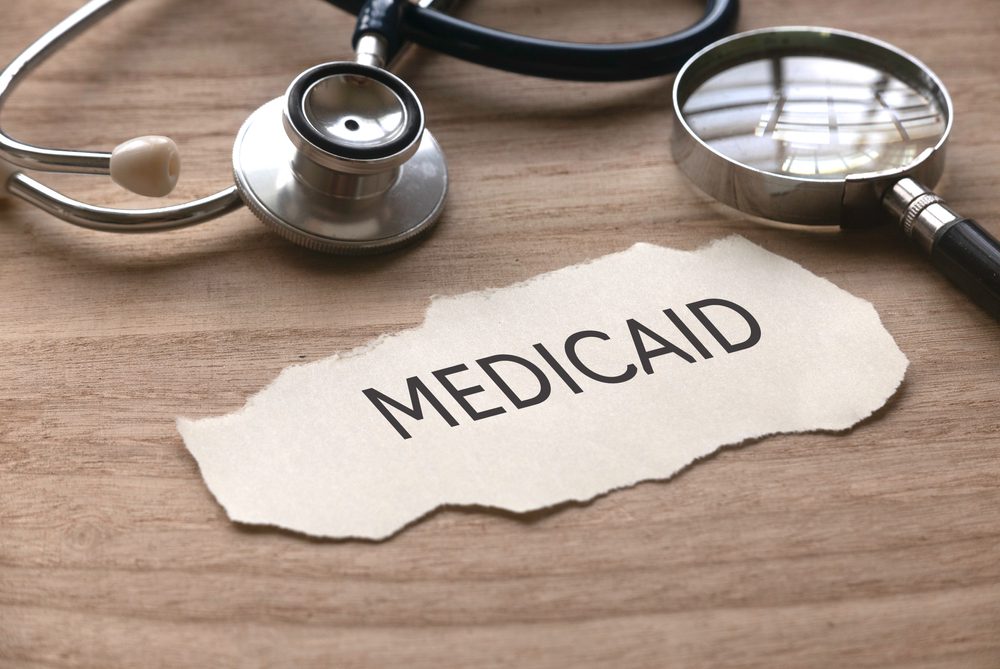
Brian Blase served as Health Adviser to President Donald Trump from 2017 to 2019. He says there are more reasons to oppose Medicaid expansion in 2024 than even a decade ago.
Brian Blase served as President Donald Trump’s Health Adviser from 2017-2019. When he left the administration, he founded Paragon Health Institute, a public policy firm that advises both states and the federal government.

On Friday, Magnolia Tribune sat down with Blase to discuss the potential of Medicaid expansion in Mississippi. In a wide ranging interview, Blase cautioned that “it is not the conservative position to adopt Medicaid expansion.”
“There are probably more reasons to be opposed to Medicaid expansion in 2024 than actually in 2014, because we’ve learned from the experiences of states that have expanded.”
Watch Full Interview with Brian Blase: Ep. 2 of The Sitdown
The former White House adviser pointed to the fact that among the states that have expanded Medicaid, “enrollment is 50 percent higher than what was expected and spending is one-third higher than what was expected.”
Blase contends that one reason for underestimated enrollment is that “a significant portion of the people who gain Medicaid will replace private coverage with Medicaid.” He points to a study conducted in Florida by Milliman, an actuarial consulting firm, that predicted 65 percent of the people who would enroll in Medicaid if Florida expanded were presently on private insurance.
Blase says expansion in Florida would lead to only 1.5 workers for every welfare recipient in the state. That ratio is already the status quo in Mississippi, where expansion could lead to a nearly 1 to 1 ratio of workers to welfare recipients.
“I think it’s a good question whether you want a third of the state enrolled in a welfare program,” said Blase.
He says cost overruns are at least partially the result of states having less incentive to monitor the program because of the high percentage of federal funding, noting that “federal improper payment rates almost quadrupled with expansion. It was about 6 percent and went to close to 25 percent.”
Blase further argues that expansion undercuts the original purpose of the program and leads to poorer health outcomes. Expansion “takes resources away from the people that Medicaid is intended for — pregnant moms, low income kids, disabled people — and uses resources that should be going to them on an able-bodied working age adult population.
According to Blase, expansion also leads to poorer healthcare outcomes. He says there is “no evidence of any population health improvements coming from expansion and actually some evidence that Medicaid expansion leads to worse population health outcomes.”
He attributes this effect partially to the fact that Medicaid expansion increases demand for services without increasing the supply of providers, leading to longer wait times and less access for the most vulnerable populations. Blase said that access to providers is already a problem even in non-expansion states because Medicaid reimbursement rates lead many physicians not to accept Medicaid patients. He points to this as one of the reasons that moving privately insured people onto Medicaid rolls is a bad idea.
Watch Full Interview with Brian Blase: Ep. 2 of The Sitdown
When asked about whether there was a “conservative” alternative to full Medicaid expansion, Blase explained that the Center for Medicare and Medicaid Services (CMS) would not approve an expansion that only covered people in what is known as the “donut hole” — the gap between Medicaid eligibility and eligibility for government-subsidized private plans on the Affordable Care Act exchanges. The only option was full expansion up to 138 percent of the federal poverty level, an act which necessarily encompasses people already on private insurance.
The Kaiser Family Foundation has estimated that there are 88,000 people in Mississippi’s donut hole and that 43 percent, or roughly 38,000, of those individuals are working.
Blase also said states are not permitted to put in place work requirements for receipt of Medicaid, indicating previous attempts to do so under the Trump administration were “shot down by the court system” and would require congressional action to change the law. He noted that both Democrats in Congress and the Biden administration are opposed to work requirements.
“There’s not a feasible way right now to implement a work requirement within the Medicaid program.”
Finally, he cautioned that with a now $34 trillion national debt, it was only a matter of time before the federal government reduced the percentage it pays for expansion leaving states in an untenable fiscal and political situation — having to roll back eligibility or having to increase state taxes and spending.

